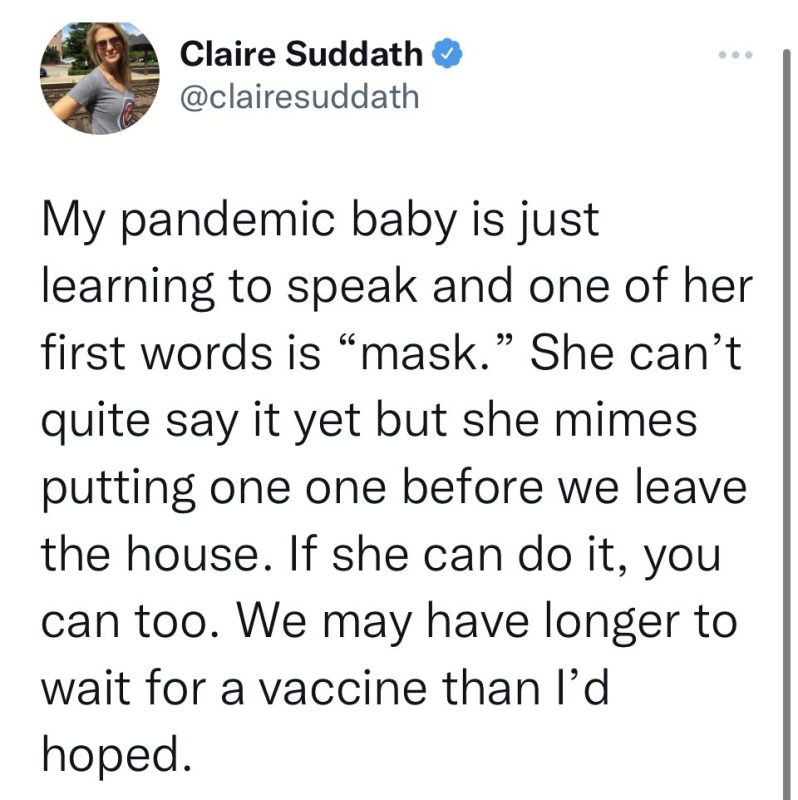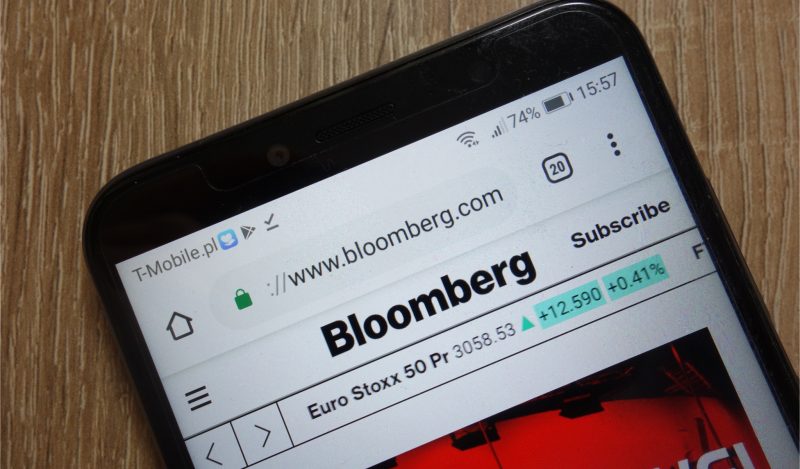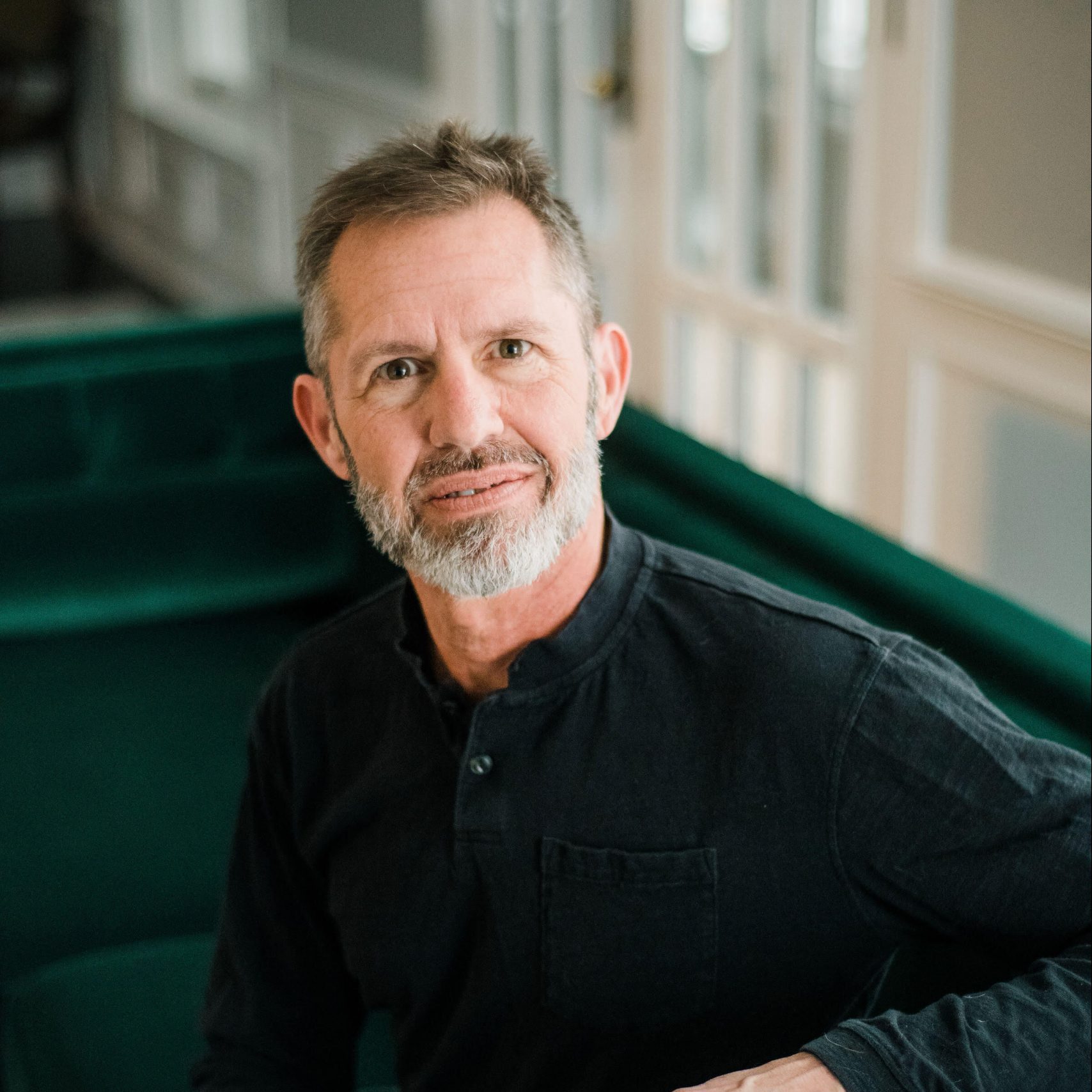As the truth about extended school closures and the forced masking of small children becomes undeniable, the attacks on those of us who spoke out early and often against these disturbing practices have often intensified. My wife, Jennifer Sey, experienced this first-hand recently.
On April 28, Bloomberg Businessweek published a turgid hit piece which seems to have been written for the sole purpose of making Jennifer seem “sly” and deceitful, and of characterizing her views as “extreme.”
The writer is one Claire Suddath, who recently tweeted that Jennifer “spent the pandemic tweeting some pretty out there stuff.”
In fact, Jennifer spent the pandemic tweeting about the critical importance of caring for the needs of children, particularly those who are disadvantaged. The primary focus of her tweeting was advocating for open schools and open playgrounds, and against the demonization and masking of small children.
Here are two of Jennifer’s tweets that were presented in the article to show that her views were “out there:”
“Masking a 2 year old asserts that babies are dangerous and to be feared.”
“Putting a mask on a child ‘signals to the world and the child themselves that they are dangerous, vile, to be silenced and shunned.’”
Also, most recently, this:
On the other hand, this is what Ms. Suddath, the writer of the article, tweeted during the pandemic, just weeks before she reached out to Jennifer and requested an interview:
“My pandemic baby is just learning to speak and one of her first words is “mask.” She can’t quite say it yet but she mimes putting one one [sic] before we leave the house. If she can do it, you can too. We may have longer to wait for a vaccine than I’d hoped.”


Or this one:
I’ll leave it to you to decide which of the two has views that are “out there.”
As far as Jennifer’s views about the importance of open schools, there is by now a widespread consensus that California’s 17-month-long public-school closures, the longest in the nation, were anti-child, unscientific, egregious, and wrong.
Ms. Suddath may not be part of that consensus, but the overwhelming majority of San Francisco voters seemed to agree, when they recalled 3 School Board members a couple of months ago in an unprecedented special election. Are all those San Francisco voters “out there” too?
Given the writer’s evident bias against Jennifer’s views, she does not seem like the appropriate person to have written this article, if the goal was fairness and journalistic integrity. But the goal instead was, apparently, to produce a tendentious screed, and in that Ms. Suddath has succeeded.
Bloomberg published an article that is full of errors, omissions, and mischaracterizations, large and small. These errors, omissions, and mischaracterizations all tend in the same direction – they all seem geared to make Jennifer look bad.
For example, Jennifer both produced and appears in the documentary Athlete A, a feature film which exposes the abuse of children in elite gymnastics. Athlete A won an Emmy for Outstanding Investigative Documentary, and Jennifer’s involvement demonstrates that she has a long history of advocacy and action in support of young people. Athlete A was released in June of 2020, and Jennifer won an Emmy for her role in producing it in October of 2021. Why was none of this mentioned in an article that is approximately 54,000 words long and that covers this exact time period of Jennifer’s life?
The article does discuss a pivotal private meeting between Jennifer and Levi’s CEO Chip Bergh. Jennifer spoke and wrote to Ms. Suddath multiple times about this meeting. Mr. Bergh has never spoken publicly about what happened.
According to the article, he hasn’t spoken to Businessweek at all. So, what does “according to Levi’s” mean here? Levi’s cannot talk. Who at Levi’s spoke to Businessweek about the meeting? How would this person or persons know what happened at the meeting? Where are Businessweek’s journalistic standards?
In their zeal to tarnish Jennifer’s public image, Ms. Suddath and Bloomberg disregarded all manner of basic journalistic norms. So, I wrote a detailed letter of complaint to the Global Standards Editor of Bloomberg News. She responded that they “stand by the story as published.”
I hear you, Bloomberg Standards. You stand by Claire Suddath’s unsubstantiated claim early in the article that Jennifer Sey tweeted “inflammatory falsehoods.” Good to know.
Such an abject failure to adhere to basic journalistic standards should concern all of us. It is an extension of what we have seen throughout the pandemic, as all too many journalists failed to properly do their job.
Instead of challenging the pronouncements of government, health, and corporate officials, they labeled dissenters as monsters. Instead of interrogating the prevailing narratives, they ruthlessly censored any deviations from the orthodoxy of the day. Instead of serving as the people’s advocate, they served as handmaidens for the pharmaceutical industry. Instead of asking questions, they regurgitated propaganda.
If fewer journalists had presented press releases from the CDC and Pfizer as if they were The Ten Commandments, perhaps California’s public schools would have opened a year earlier, like California’s private schools.
Join the conversation:


Published under a Creative Commons Attribution 4.0 International License
For reprints, please set the canonical link back to the original Brownstone Institute Article and Author.









